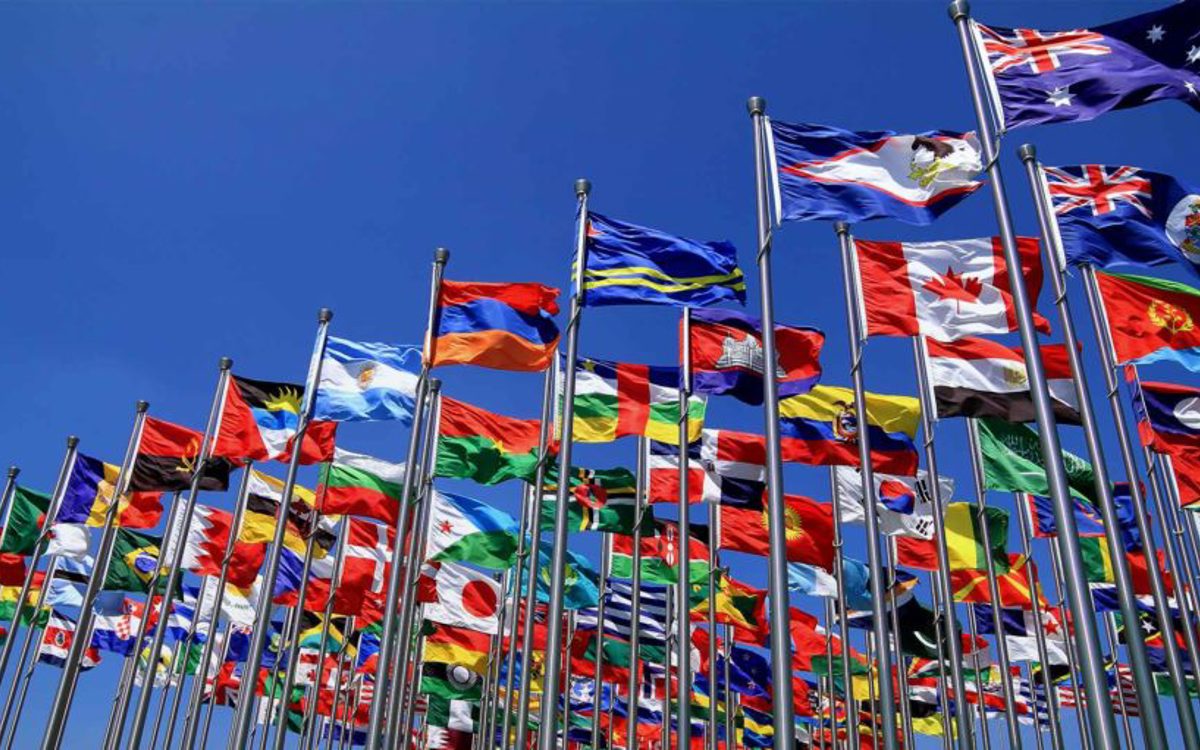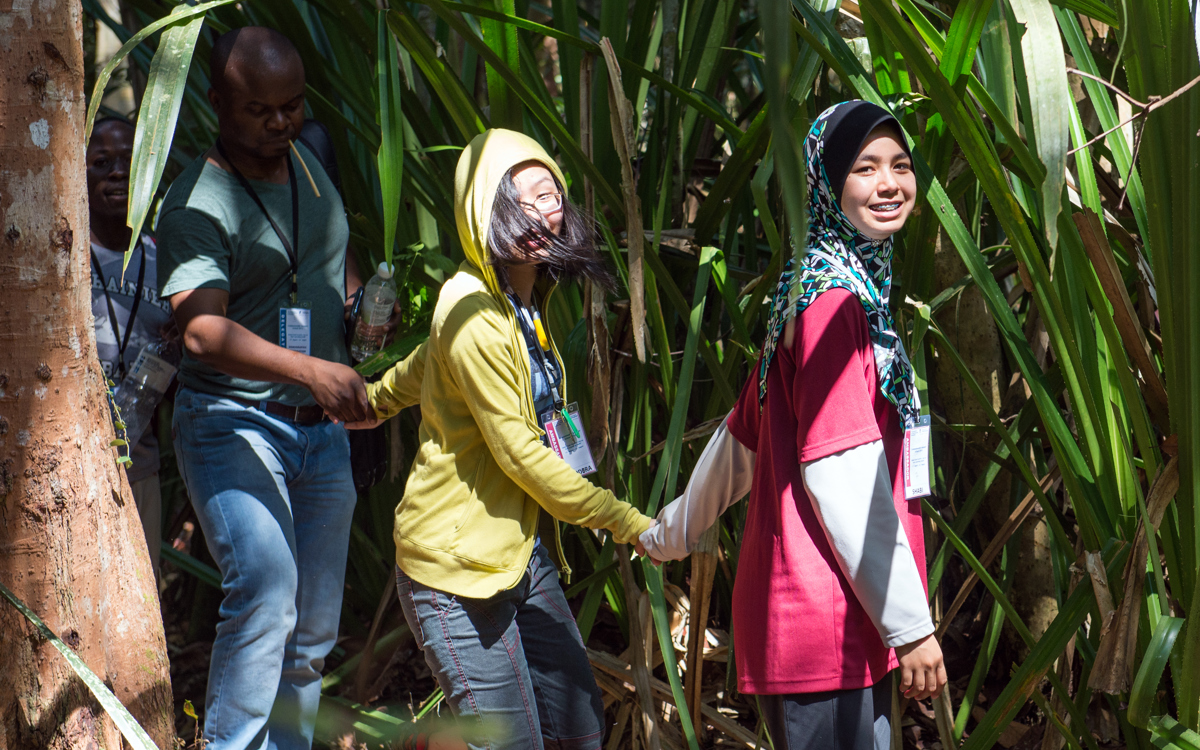
We are delighted to announce the first four recipients of our new Commonwealth Peace and Reconciliation Challenge Grants.
Recognising the vital role of Commonwealth universities in advancing peacebuilding, reconciliation and indigenous knowledge systems, the Commonwealth Peace and Reconciliation Challenge Grants are designed to support our members’ collaborative work in these areas and promote the aims of the Commonwealth Peace and Reconciliation Network.
This first round of grants will fund an array of pioneering initiatives led by our member universities, ranging from new learning modules designed to improve understanding of settler-Indigenous relations in Canada, to work promoting a decolonised approach to study abroad and transforming Study Abroad Officers into agents of peace.
Meet this year's full list of Grantees and discover more about their project plans below.
Jindal Global University, India, will design and deliver new training modules to transform the Study Abroad Officer into an agent of peace and reconciliation. The modules will equip officers with a new mindset and language that promotes a dynamic and decolonised approach to study abroad. The training aims to empower officers to guide student decision making in a way that encourages self-discovery and immersive and integrative aspects of the study abroad experience, rather than define the end goal in terms of basic intercultural competence. By anchoring study abroad to learning outcomes that promote self-discovery and finding common experiences in those of the hitherto distant other, and thereby making a step towards an individual’s reconciliation with history and societal reconciliation at large, this project strives to inject study abroad with a renewed sense of purpose.
Kenyatta University, Kenya will develop a training guide for teacher educators to implement transformative pedagogy for peacebuilding in Kenyan universities. It will focus on identifying and nurturing peace champions in these institutions by equipping them with the essential skills in peacebuilding. The project envisions the peace champions to become influencers and promoters of peaceful and harmonious coexistence at Kenyatta University and Africa Nazarene University. The initiative also strives to reinvigorate Amani (peace) clubs at participating institutions to further spearhead their peace and reconciliation activities on campuses.
Midlands State University, Zimbabwe, will collaborate with Great Zimbabwe University and Zimbabwe Open University to investigate the current peace education pedagogy in Zimbabwean teacher education institutions. To help foster transformative ways of teaching and learning for sustainable peace, the project aims to build the capacity of at least 50 teacher educators by integrating peace education pedagogy into teacher education programmes. In the process, the project will document indigenous knowledge and practices on peacebuilding and facilitate experience sharing among all teacher education institutions in Zimbabwe. This will be achieved through an intensive program of virtual workshops, e-handbooks and peer-reviewed journal articles.
Western University, Canada, will create and pilot a curriculum to advance the decolonisation and indigenisation of their teaching and further the professional practice of instructors and faculty members. The ‘Decolonizing Our Teaching Practices’ project will feature two introductory online learning modules providing foundational knowledge of (de)colonisation and settler-Indigenous relations in Canada in the context of higher education. The modules will also cover the powerful role of educators in shifting colonial consciousness through decolonising and indigenising curriculum across disciplines. The project aims to create a more culturally safe faculty workforce at Western that is capable of respectfully engaging with Indigenous students, communities and ways of knowing, and more critically addressing the ways that colonialism reproduces dominant disciplinary norms and teaching practices that marginalise Indigenous voices.


More information
- Commonwealth Peace and Reconciliation Challenge Grants are open to professional and academic staff at ACU member universities.
- The ACU’s Commonwealth Peace and Reconciliation Network brings together an interdisciplinary collective of academics to advance truth-telling and reconciliation within universities and their communities.
- How have universities responded to calls to decolonise higher education? The first series of The Internationalist, a new podcast from the ACU, brings academics, students and practitioners together to ask: ‘Who gets to learn, and who gets to teach?’
